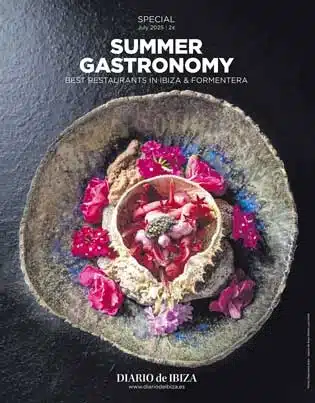The island of Ibiza is preparing to a new edition of ‘Antiqva Insvla’, an event that transport its visitors back more than two millennia, to a time when the Roman Empire set its sights on the Phoenician city of Iboshim, later known as Ebusus. The seventh edition of the historical re-enactment festival ‘Antiqva Insvla’ will take place on the 12th and 13th of October, transforming the port of Ibiza and the Reina Sofia park into lively representations of the island’s past.
Organised by Eivissa Town Hall in partnership with the Iboshim Association and the Consell d’Eivissa, this event promises a vivid recreation of life in 3rd century BC Ibiza, complete with dramatic depictions of a failed Roman siege in 217 BC.
This year, ‘Antiqva Insvla’ forms part of a series of events commemorating the 25th anniversary of Ibiza’s declaration as a UNESCO World Heritage Site. The event aims to blend entertainment and education by offering an immersive experience for both residents and visitors to learn more about the island’s rich history. With over 80 participants from Spain and Italy, including members of the Iboshim Association and other historical re-enactment groups, ‘Antiqva Insvla’ will bring to life the clash between Phoenician settlers and the Roman Empire.
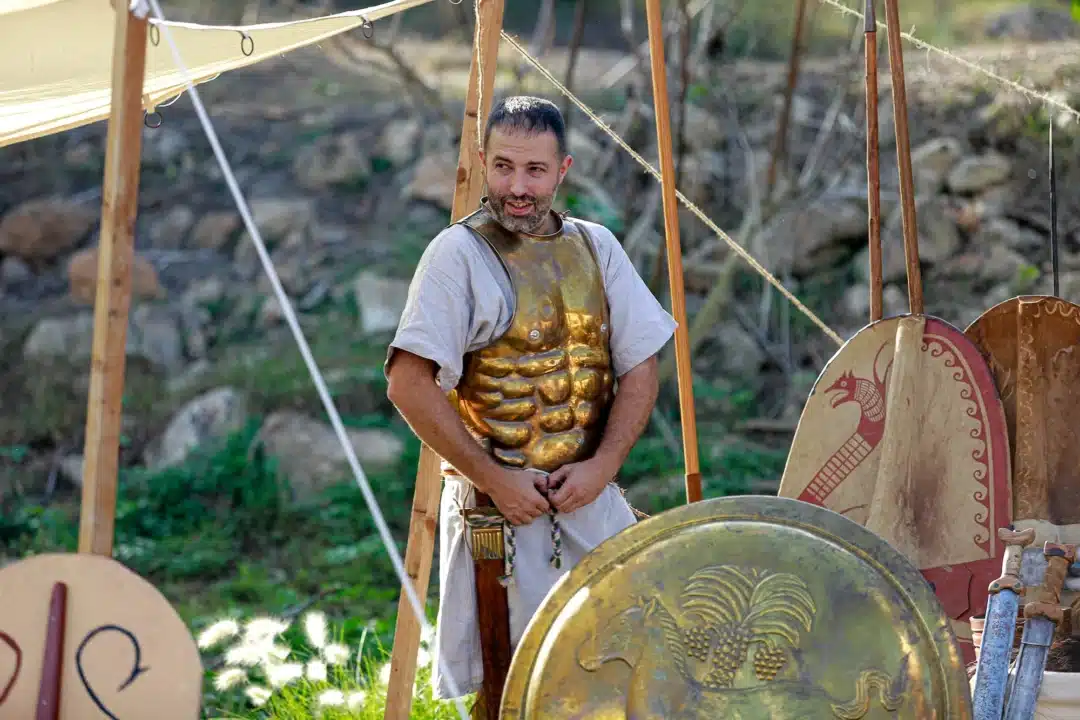
A Roman invasion attempt
One of the standout features of this year’s edition is the recreation of the Roman landing in the port of Ibiza, which occurred in the summer of 217 BC. The Romans, intent on conquering the fortified city of Iboshim, launched a campaign to breach its walls. The reenactment will see Roman legionnaires arriving in the port on Saturday, October 12th, at 5:00 pm, though the absence of a period-accurate Roman ship has meant that they will instead disembark from a schooner. The event will begin half an hour earlier with a detailed historical explanation, ensuring spectators have a clear understanding of the events being portrayed.
Following their arrival, the Roman forces will march towards the fortified old town of Dalt Vila, ascending via the Portal de ses Taules in the iconic “turtle formation” that Roman soldiers used for protection in battle. From there, they will parade through the historic quarter before exiting the walled city through the Portal Nou.
The day’s activities will culminate in the nearby Reina Sofia park, where at 7:30 pm the audience will witness a reenactment of the Roman attempt to seize the city. Despite their efforts, the Romans were ultimately unsuccessful in 217 BC, but this battle laid the groundwork for the island’s eventual Romanisation. The evening will conclude with a gladiatorial spectacle, performed by the renowned Barcelona-based group ‘Gesta Gladiatoria’, at 8:30 pm.
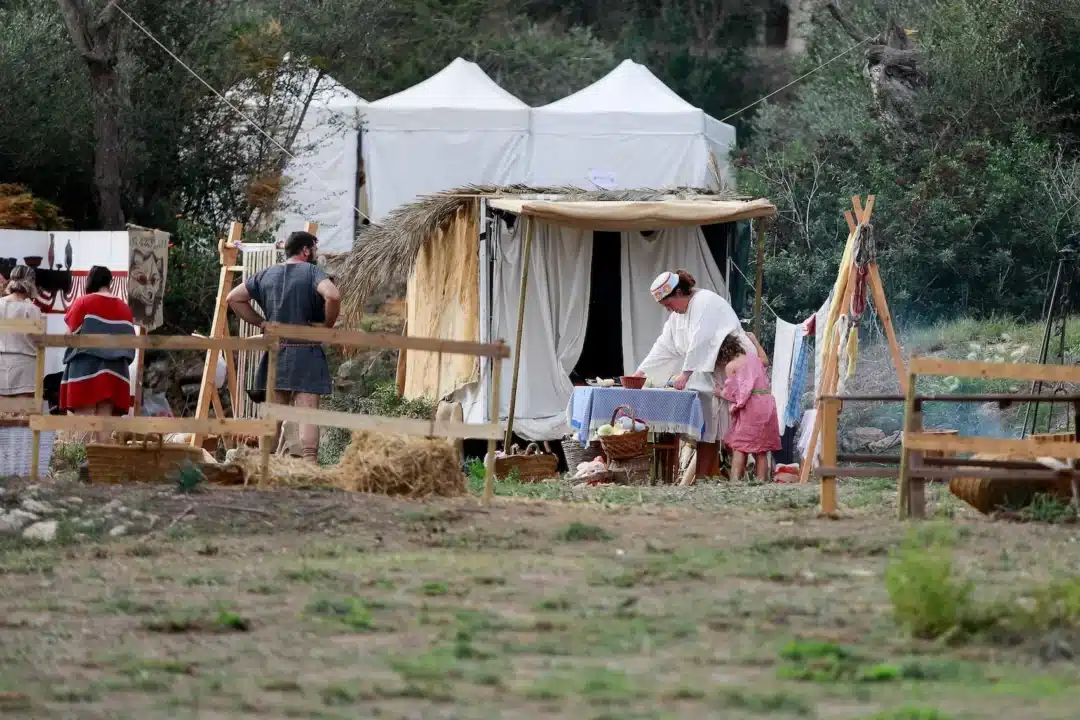
Sunday’s dramatizations and historical insights
‘Antiqva Insvla’ continues on Sunday, October 13th, with a dramatization set to take place in the Reina Sofia park at midday. This performance will illustrate the transition of power from the Punic rulers of Iboshim to their Roman conquerors, a process formalised through what is historically known as a foedus—a treaty of alliance.
Through these dramatizations, visitors will gain insight into the cultural and political shifts that occurred during this transformative period in the island’s history.
‘Antiqva Insvla’: a living history experience
In addition to the Roman landing, battle re-enactments, and gladiatorial combats, ‘Antiqva Insvla’ will also feature a range of interactive and educational activities. On both Saturday and Sunday, the Reina Sofia park will be transformed into a historical encampment, providing an immersive experience for attendees. Visitors can explore a recreated military camp and settlement, complete with artisan workshops, market stalls, and examples of domestic life in both Punic and Iberian styles. The camp will feature a Punic house and an Iberian dwelling, as well as a traditional tavern where visitors can sample food and drinks inspired by the era.
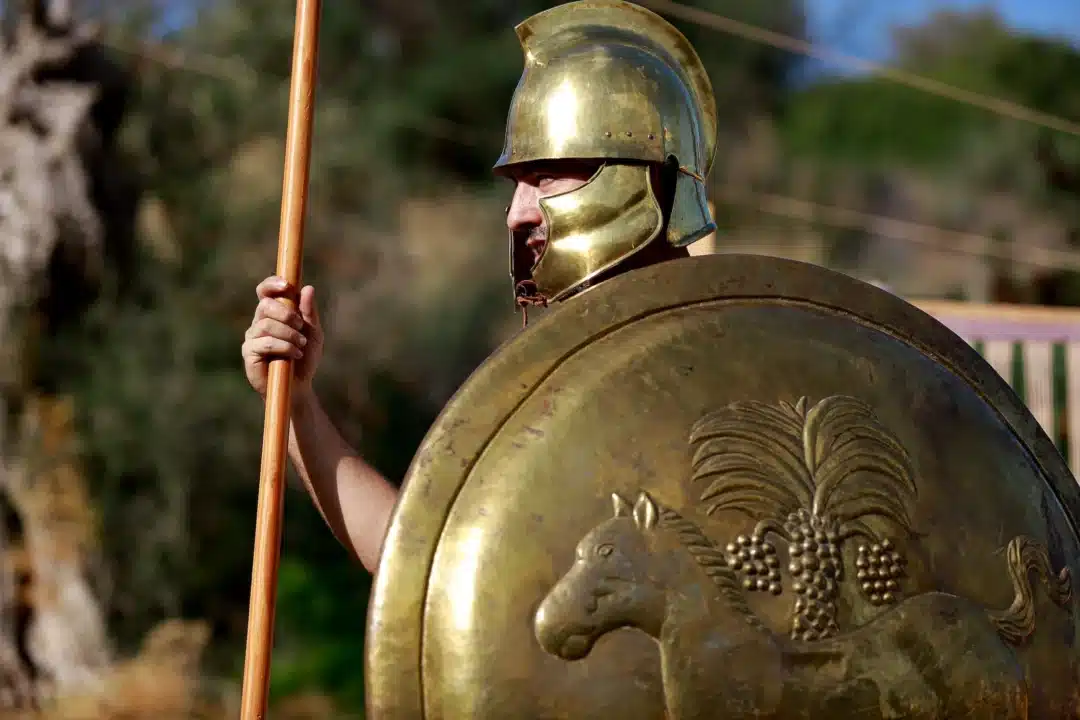
For those with an interest in ancient crafts, a range of demonstrations will take place throughout the weekend. A Mallorcan artisan specialising in Phoenician glass will offer live demonstrations, showcasing the intricate techniques used to create necklaces and other decorative items. Additionally, on Saturday, there will be an exhibition of ancient coin minting, allowing visitors to witness how currency was produced during the Punic and Roman periods. For younger audiences, the festival will host various children’s workshops, including clay modelling sessions where they can create votive offerings, inspired by archaeological finds from the era.
An international collaboration
The success of ‘Antiqva Insvla’ is due in part to the participation of historical re-enactment groups from across Spain and Italy. This year’s edition will see contributions from several distinguished groups, including Iboshim, Gesta Gladiatoria, Honderos de La Menor, Legio Prima Vernácula, Ibercalafell Evocati, and the Italian federation Evropantiqva. Together, they will work to bring the historical events of 217 BC to life in the heart of Ibiza, providing a unique opportunity for visitors to witness a key chapter in the island’s ancient history.
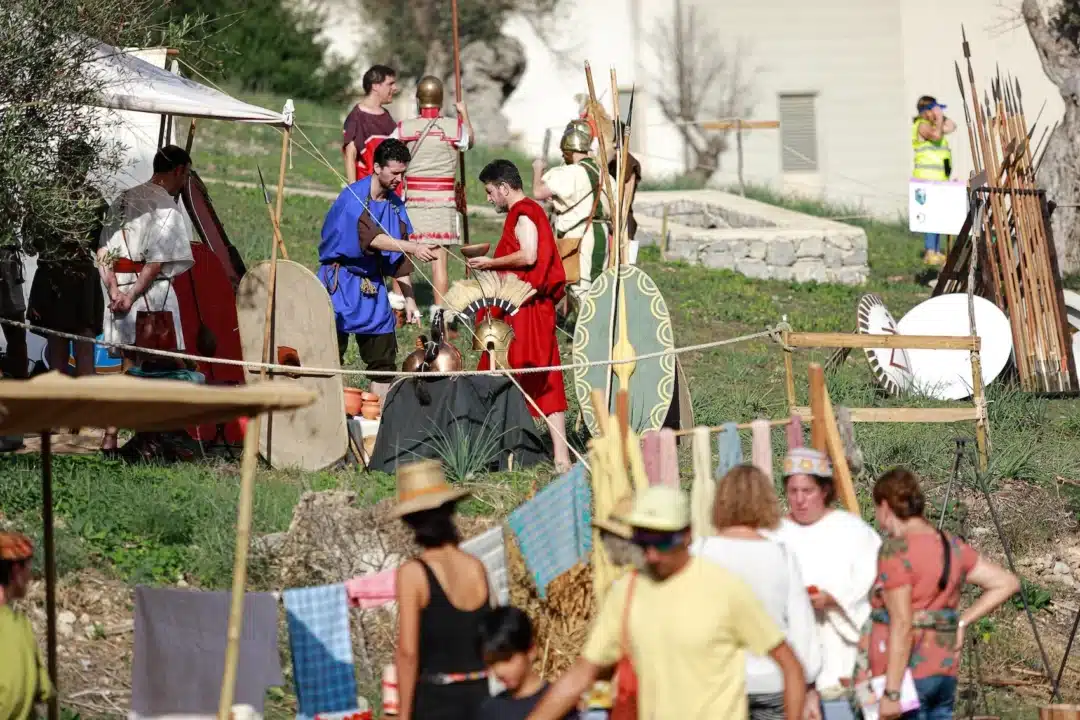
With its engaging programme of reenactments, performances, and workshops, ‘Antiqva Insvla’ promises to be an unforgettable experience for history enthusiasts and casual visitors alike. As Ibiza celebrates 25 years as a World Heritage Site, events like this serve as a reminder of the island’s deep historical roots, long before it became the global tourist destination it is today.

